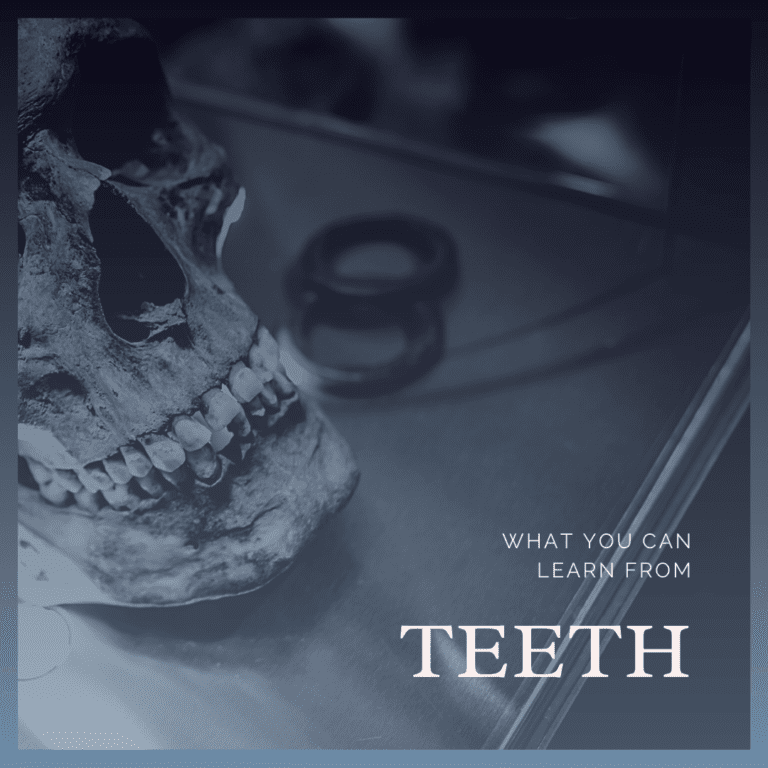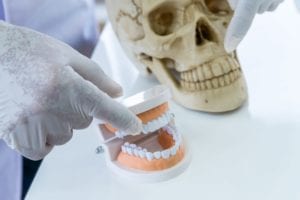What You Can Learn From Teeth

Did you know that teeth can be used for more than eating and speaking? In fact, teeth can act as an encyclopedia of an individual, providing an abundance of information. For example when you visit your dentist, they can learn about your oral hygiene habits simply by looking in your mouth. But oral hygiene insight is not the only thing that can be learned from teeth. There are several different things that teeth can teach you. Here are a few things that you can learn from teeth:
Oral Hygiene Habits
Of course, one of the main things you can learn from teeth is an individual’s oral hygiene habits. When your dentist examines your teeth, they will look to see if the surface is rough or smooth. Rough teeth can indicate plaque and tartar accumulation, while smooth teeth show that your teeth are clean and free from excess plaque. While this is not always the case, people with clean teeth generally have better oral hygiene than those whose teeth are not as clean.
Lifestyle
You can also learn a little bit about someone’s lifestyle by looking at their teeth. For example, someone who has bright, straight teeth likely works in a field where image matters, people who have worn or damaged molars likely live a stressful lifestyle and grind their teeth, and people who smoke tend to have specific stains on their teeth from the tar and nicotine in cigarettes.

Diet
Another part of someone’s lifestyle that you can learn about from teeth is their diet. In some cases, you may be able to look at someone’s teeth and recognize stains from highly pigmented foods and beverages, such as coffee, wine, curry, tomato sauce, and so on and so forth. Additionally, people who consume lots of sugar are more likely to have problems with decay, while those who consume a highly acidic diet may have worn enamel. Generally speaking, people that have healthy teeth also eat a healthy diet.
Bone and Mental Health
There is a clear interaction between oral and overall health, however we are going to focus on two specific areas of your overall health. Even though your teeth are not bones, they can provide information about your bone health. In some cases, tooth pain can be an early sign of both jawbone deterioration or osteoporosis. Tooth loss also indicates that one of these two things (or both) could be to blame. Dentists can also use your teeth to assess your mental health. For example, the frequent vomiting associated with bulimia causes the enamel to wear down specifically on the backside and insides of the teeth. Because of this, bulimia is one of the most common mental health conditions noticed by dentists.
Identity
Besides your dentist, there are other specialized dentists known as forensic dentists or forensic odontologists. Instead of providing dental cleanings, they provide dental exams that focus on identifying a person or solving a crime. This is because teeth can provide information on an individual’s age, ethnicity, lifestyle, and diet. Besides teeth, an individual’s bite and/or the presence of dental restorations can also lead to identification.






Recent Comments